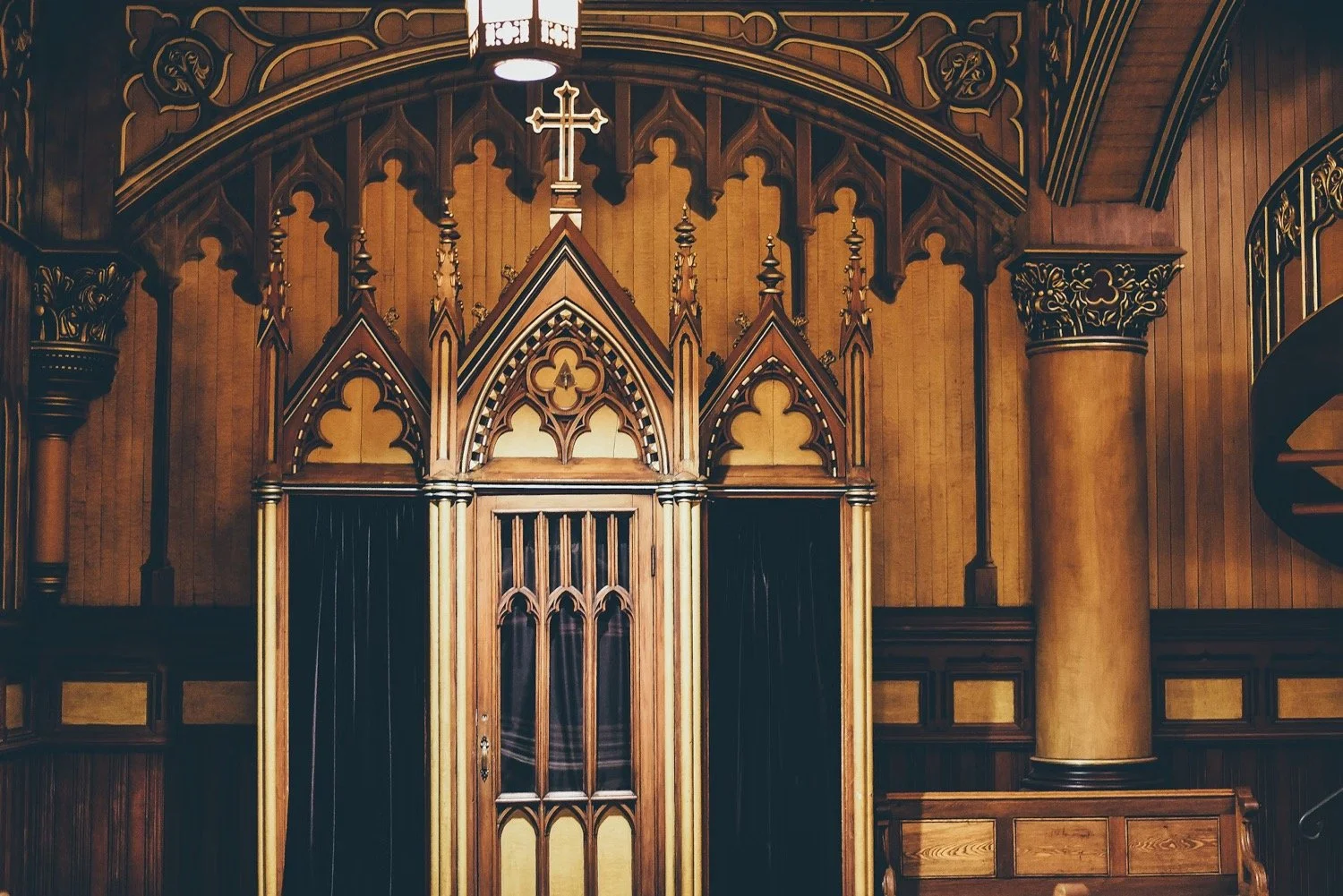Readings for today: Ezekiel 16-20, Hebrews 12-13
Today’s reading isn’t easy. But if one can get past the graphic imagery of chapter 16, one will see a compelling picture of the gospel emerge. A gospel that is as much for Israel as it is for the church today. In this chapter, God retells their national story from His point of view. He reminds them of their humble beginnings. Reminds them of His lavish blessings. Reminds them of their great betrayal. Reminds them of His everlasting covenant. This is their story. This is our story. This is the gospel story.
Where does our relationship with God begin? Not with us. We did not choose to love God. We could not choose to love God. No, we were helpless like babes. Abandoned. Left all alone. Stillborn spiritually. It was not our beauty that caught God’s eye but our desperation. “And as for your birth, on the day you were born your cord was not cut, nor were you washed with water to cleanse you, nor rubbed with salt, nor wrapped in swaddling cloths. No eye pitied you, to do any of these things to you out of compassion for you, but you were cast out on the open field, for you were abhorred, on the day that you were born. And when I passed by you and saw you wallowing in your blood, I said to you in your blood, 'Live!'” (Ezekiel 16:4-6) Out of pure compassion and grace, God adopted us as His own. Brought us into His family. Took us from the field where we had been cast. Bathed us. Fed us. Clothed us. Rocked us. Sang to us. Raised us. “I made you flourish like a plant of the field. And you grew up and became tall and arrived at full adornment. Your breasts were formed, and your hair had grown; yet you were naked and bare.” (Ezekiel 16:7)
What does our relationship with God look like as it matures? We grow up under His watchful eye and gracious care. When the time is right, God takes us as His bride. He covers our nakedness with the corner of His garment. He makes His vow and covenant with us. He bestows riches and honor and glory on us as befits the bride of the King of Kings and Lord of Lords. And the whole world marvels at what God has done. Just like the whole world came to see the splendor and glory of Israel. The whole world envied the relationship she had with her God.
But Israel grew proud. She began to believe her own hype. She read her own press clippings. She trusted in her riches and beauty and power and influence. She abandoned her covenant with the Lord and began to serve other gods. God’s bride was now playing the whore. She literally took the gifts God had given her and gave them away to idols. Fed them with the bread God provided from His own hands. Things got so bad Israel began sacrificing their innocent children to appease those other bloodthirsty gods. “How sick is your heart, declares the Lord God, because you did all these things, the deeds of a brazen prostitute...” (Ezekiel 16:30)
Therefore God brings judgment on His bride. “For it is time for judgment to begin at the household of God...” (1 Peter 4:17) God will not spare His bride. In fact, He holds His bride to an even higher standard. Higher than Samaria. Higher than Sodom. “Bear your disgrace, you also, for you have intervened on behalf of your sisters. Because of your sins in which you acted more abominably than they, they are more in the right than you. So be ashamed, you also, and bear your disgrace, for you have made your sisters appear righteous.” (Ezekiel 16:52) God disciplines those He loves out of a desire to see them cleansed from sin and brought to glory. "My son, do not regard lightly the discipline of the Lord, nor be weary when reproved by him. For the Lord disciplines the one he loves, and chastises every son or daughter whom he receives." (Hebrews 12:5-6) His desire is for His bride to return. To come back to Him. To be faithful and true once more. To remember from whence she came and to honor her Husband for all He has done. Why? So the world may again marvel at the intimacy of their relationship. So the world may again say, “For what great nation is there that has a god so near to it as the Lord our God is to us, whenever we call upon him?” (Deuteronomy 4:7)
This is why Ezekiel 16 ends with a note of hope. “Yet I will remember my covenant with you in the days of your youth, and I will establish for you an everlasting covenant...I will establish my covenant with you, and you shall know that I am the Lord, that you may remember and be confounded, and never open your mouth again because of your shame, when I atone for you for all that you have done, declares the Lord God." (Ezekiel 16:60, 62-63) God has atoned for His bride. On the cross, He paid for all her sin. He took all her punishment. All her shame. All her self-inflicted degradation on Himself. On the cross, the faithful Husband gave His life for the sake of His bride “so that He might present the church to Himself in splendor, without spot or wrinkle or any such thing, that she might be holy and without blemish.” (Ephesians 5:27)
Readings for tomorrow: Ezekiel 21, James 1




